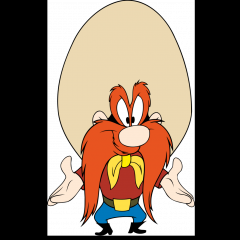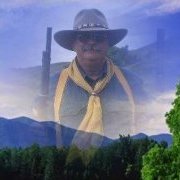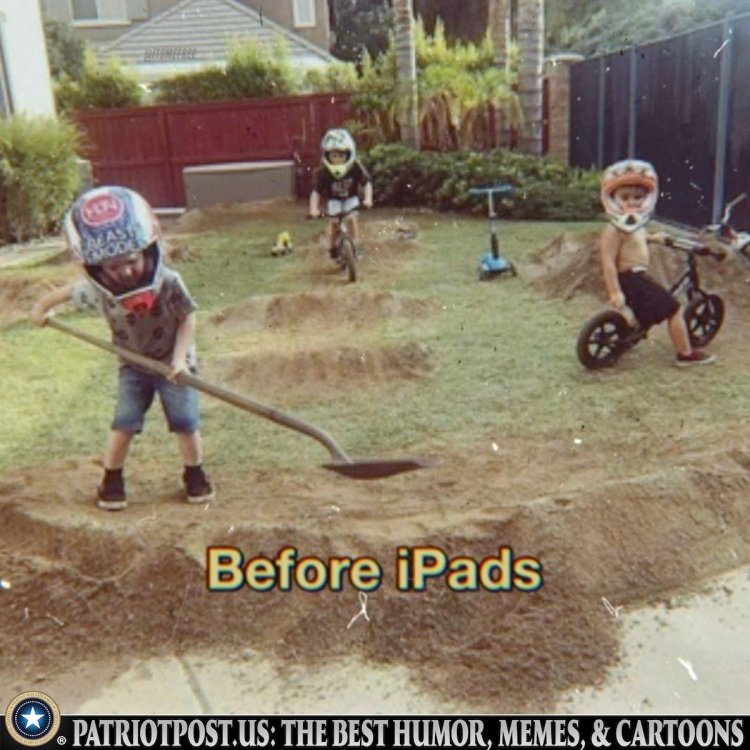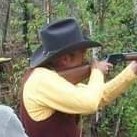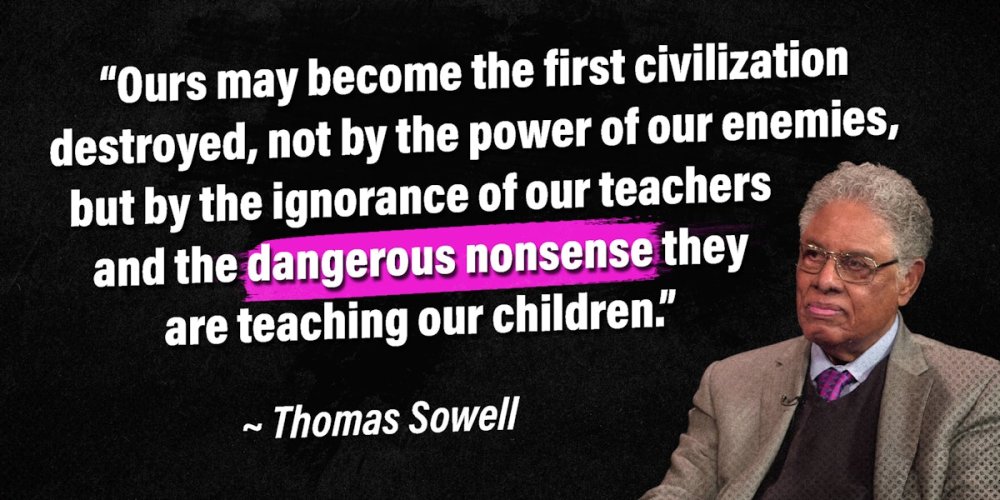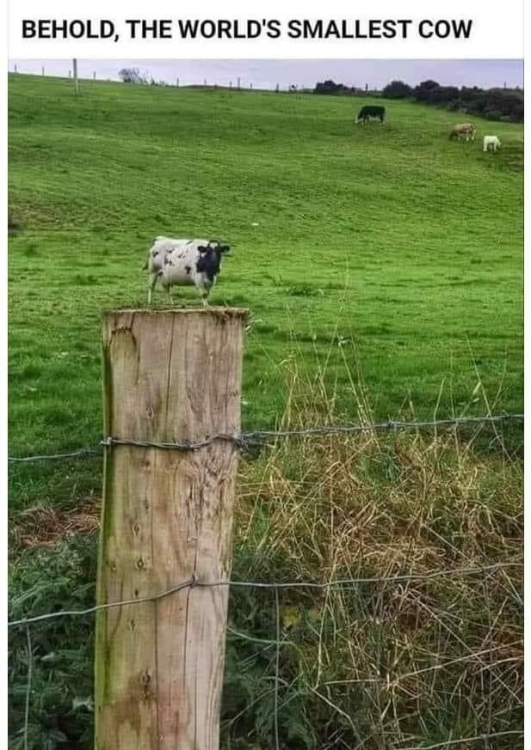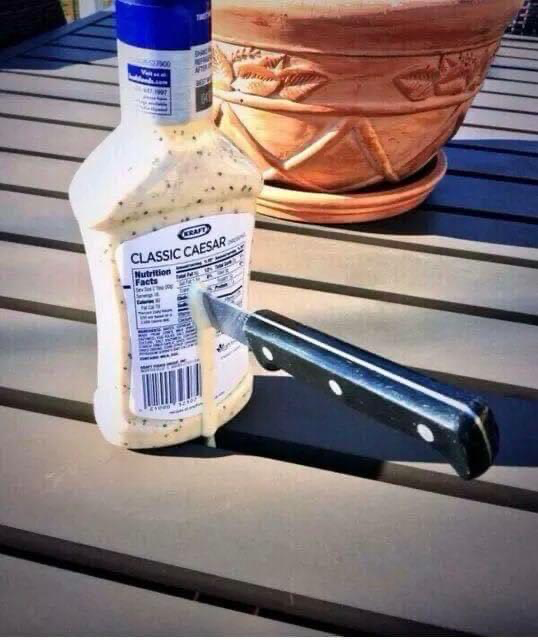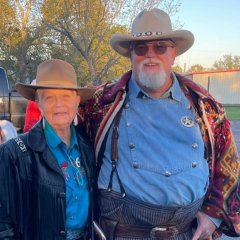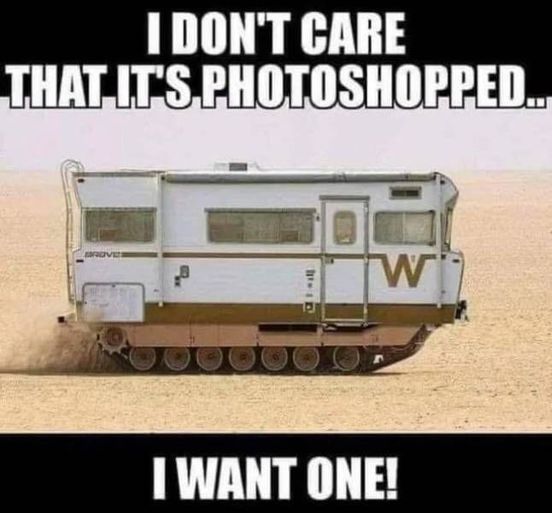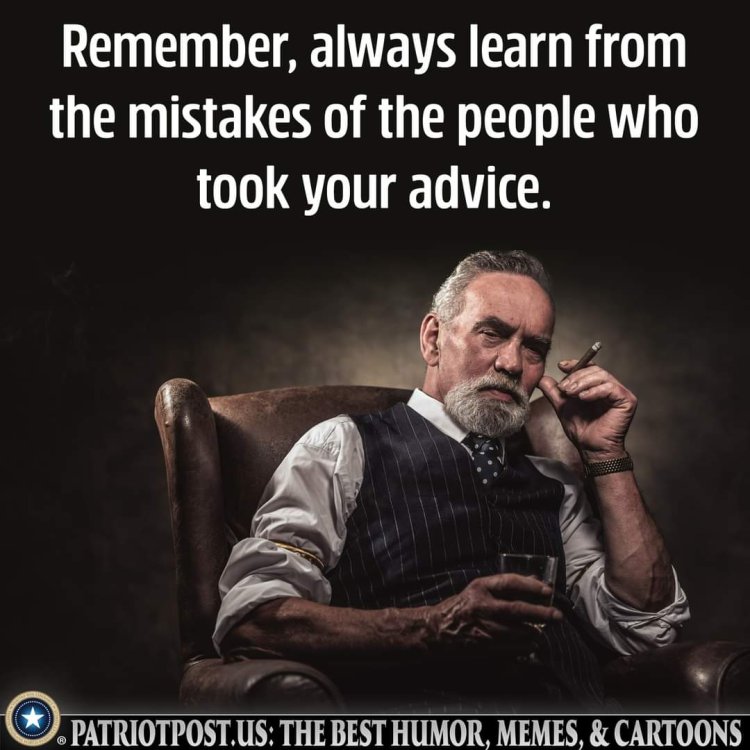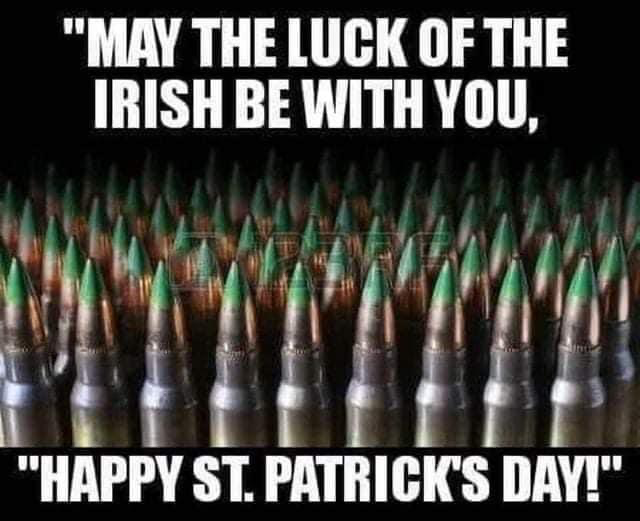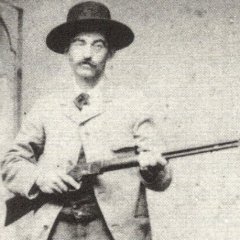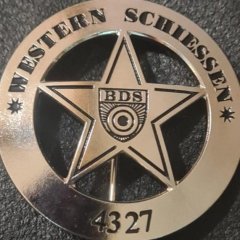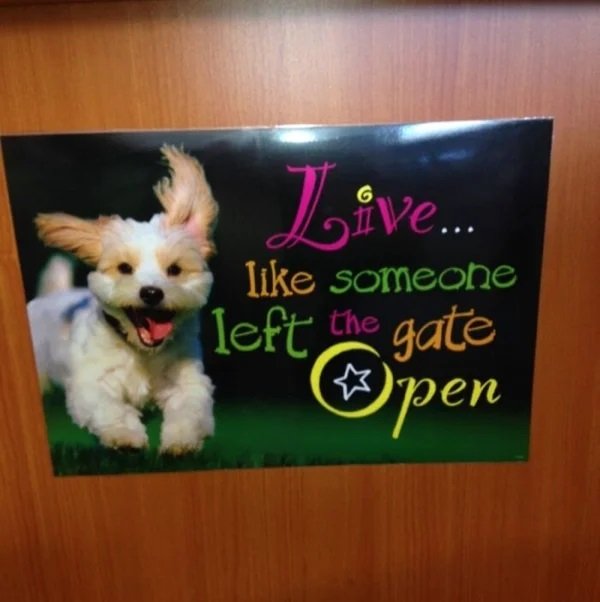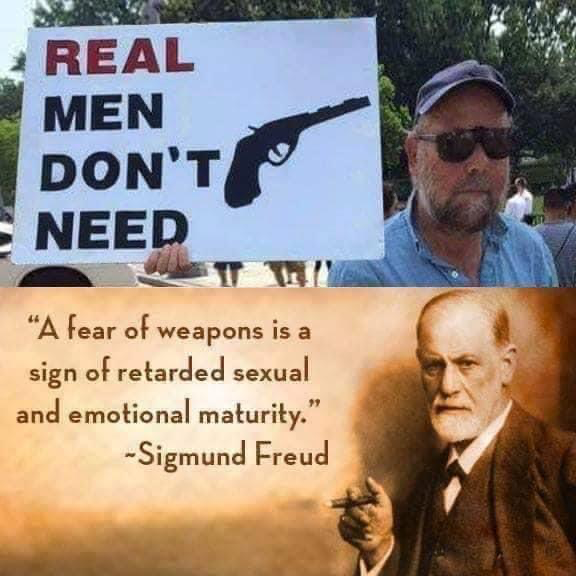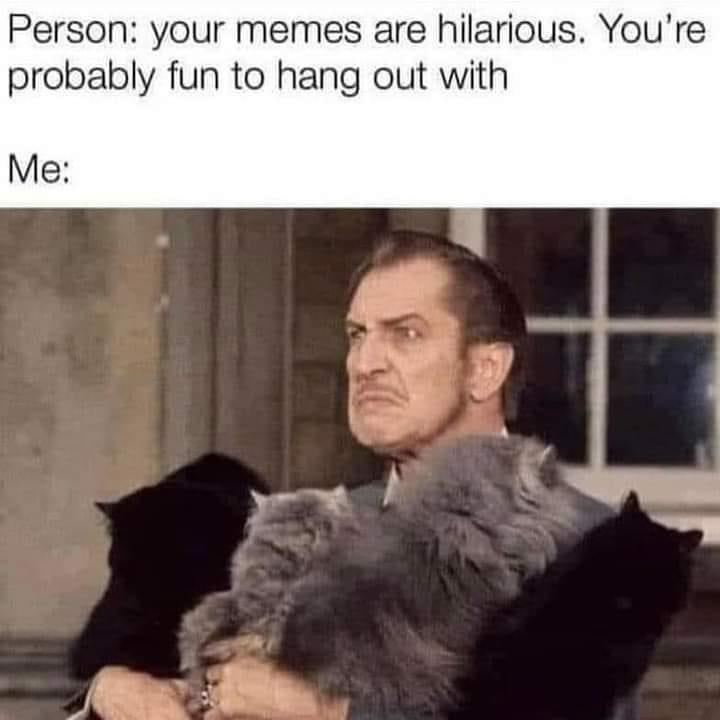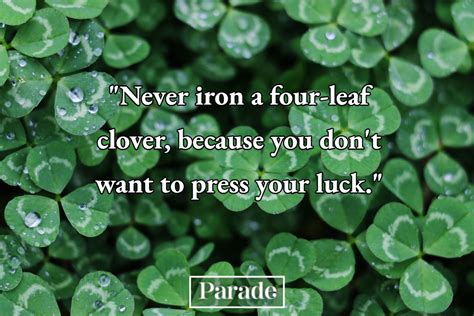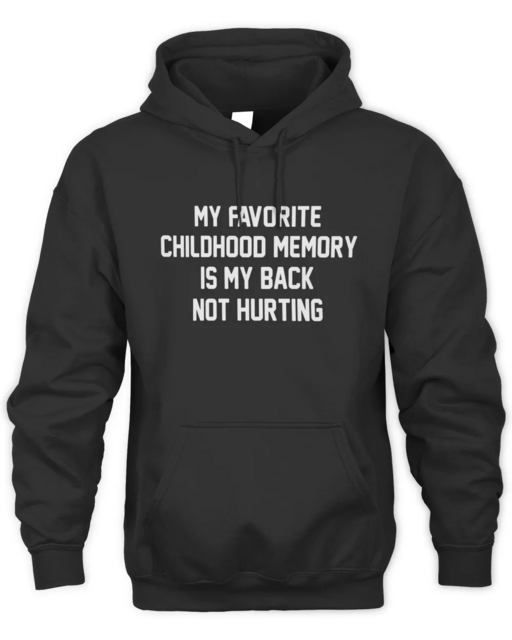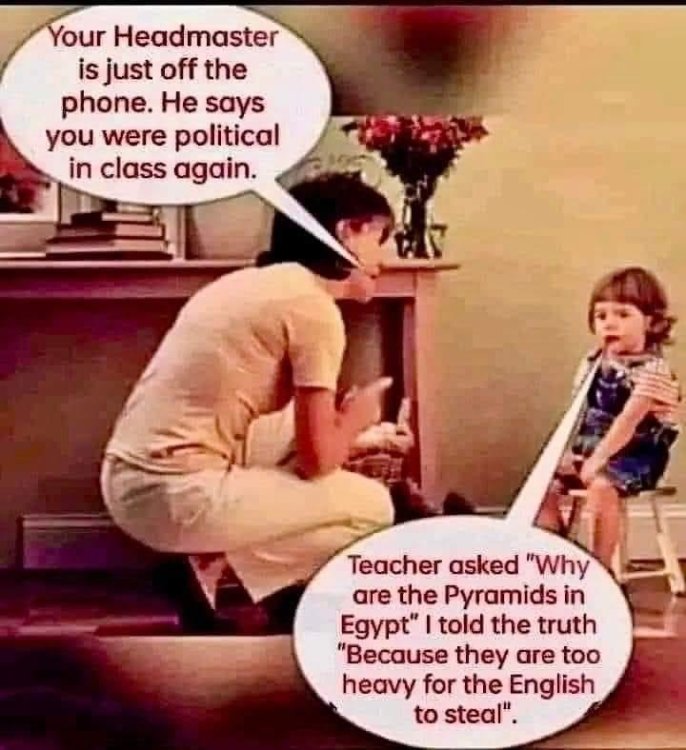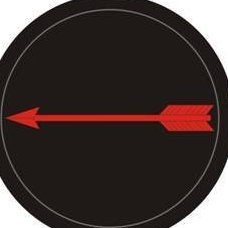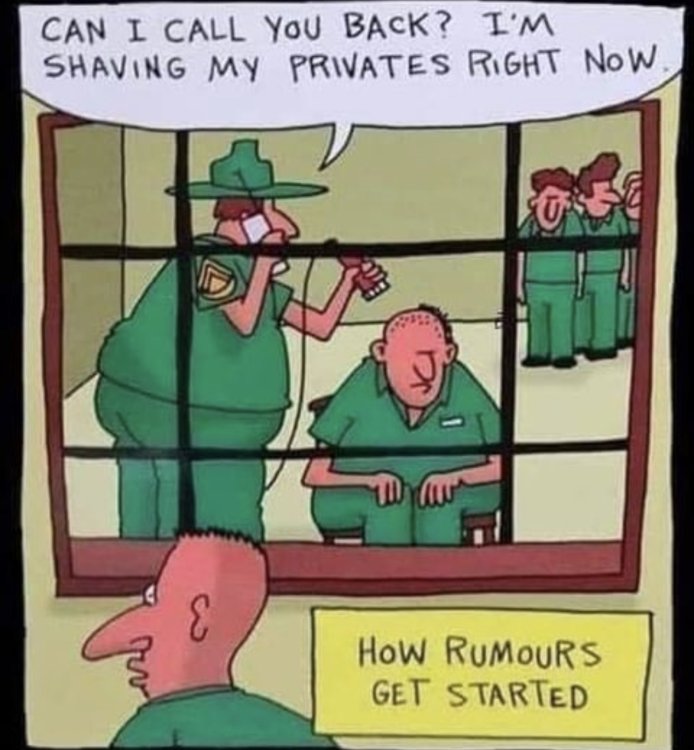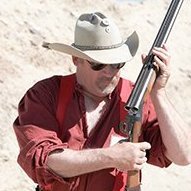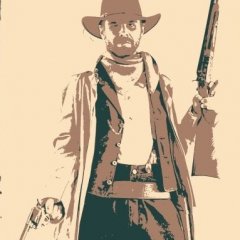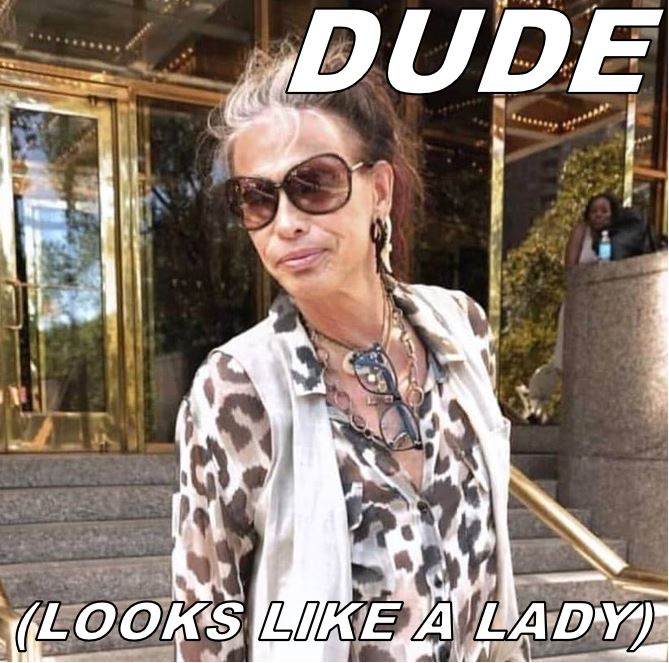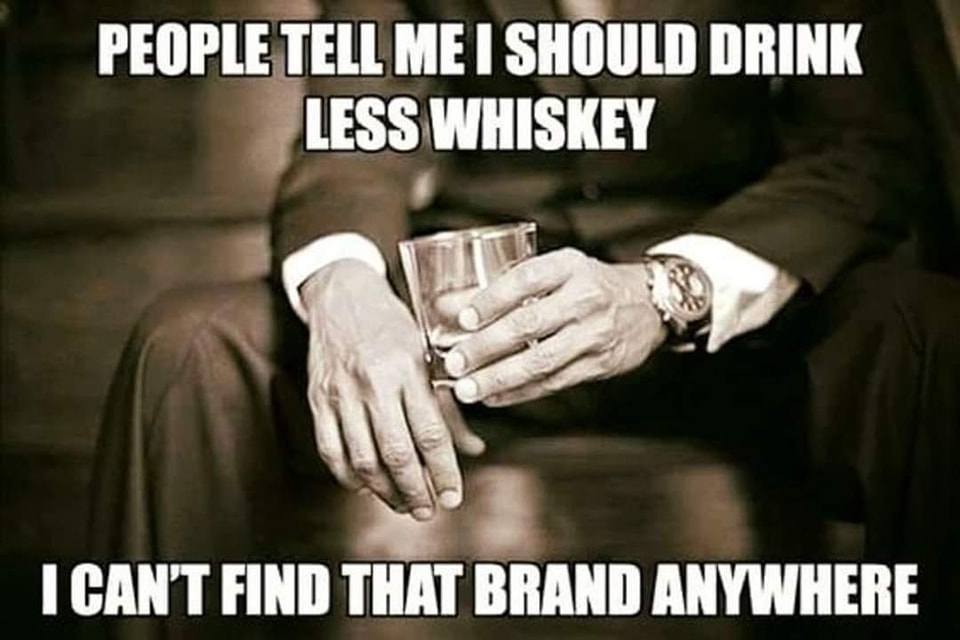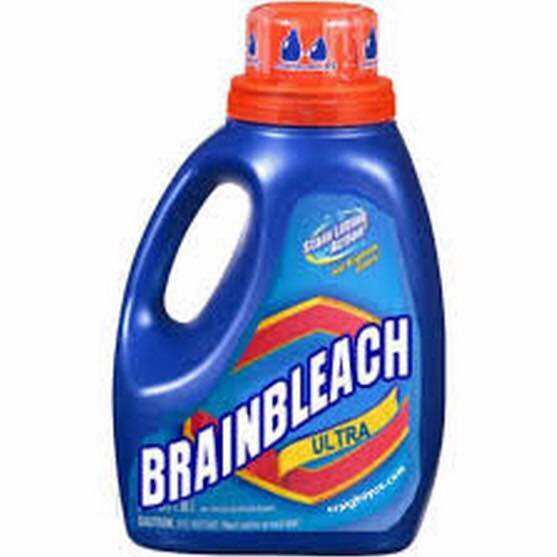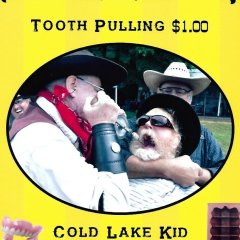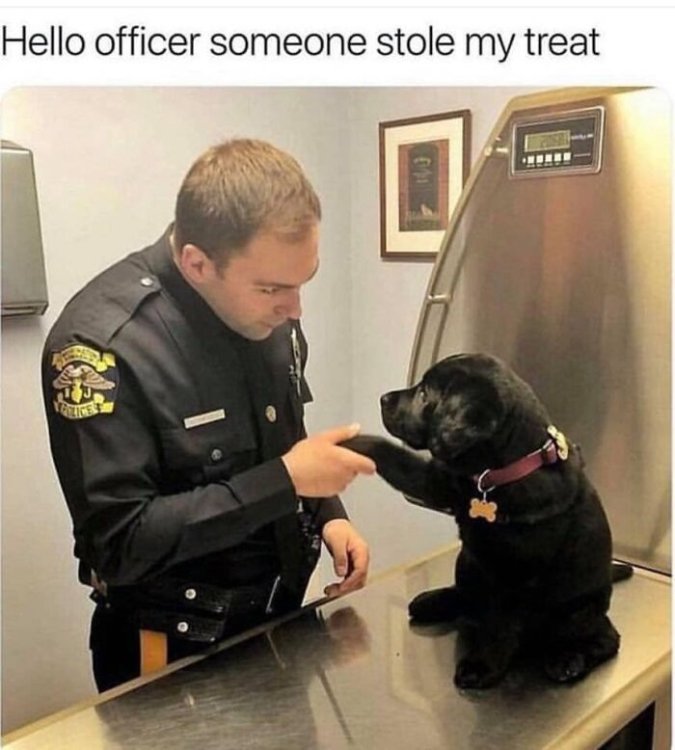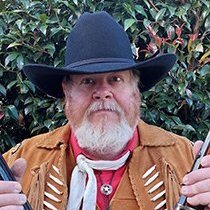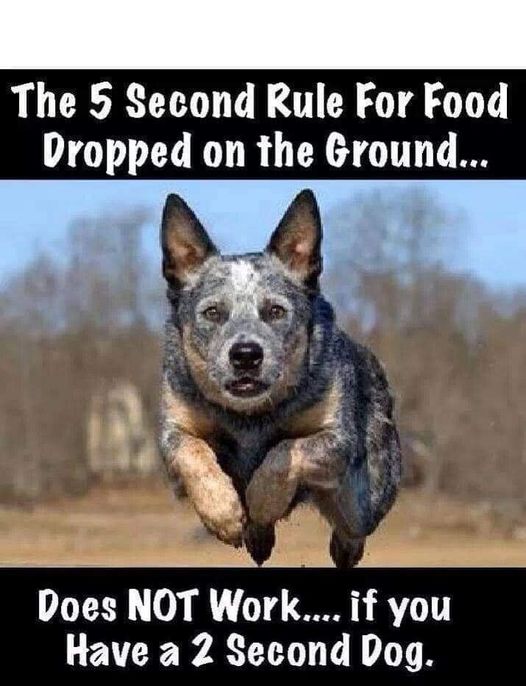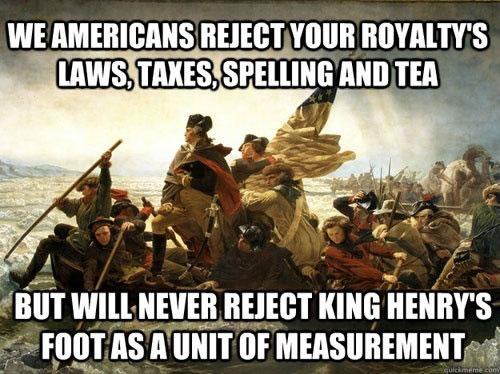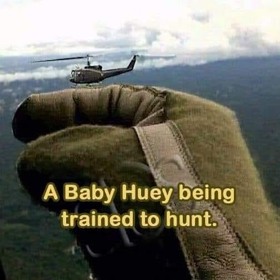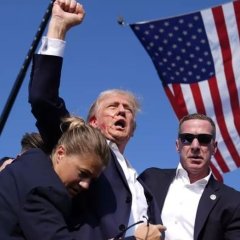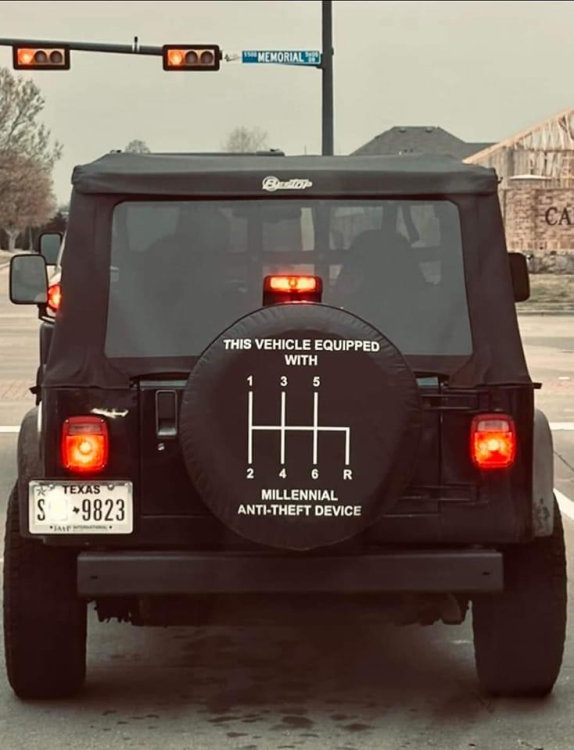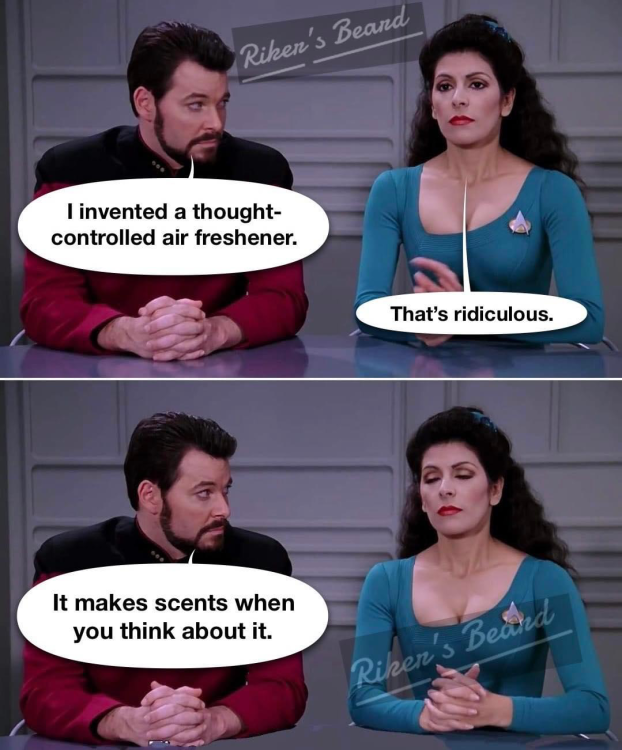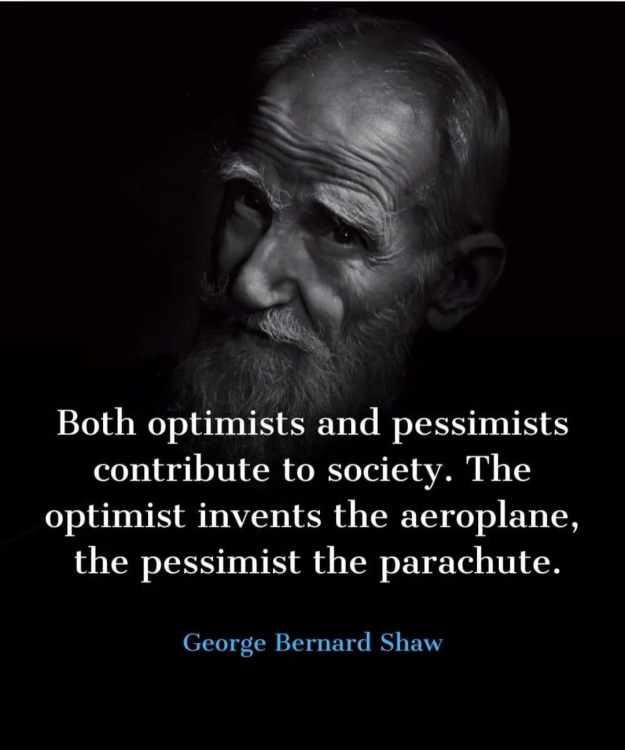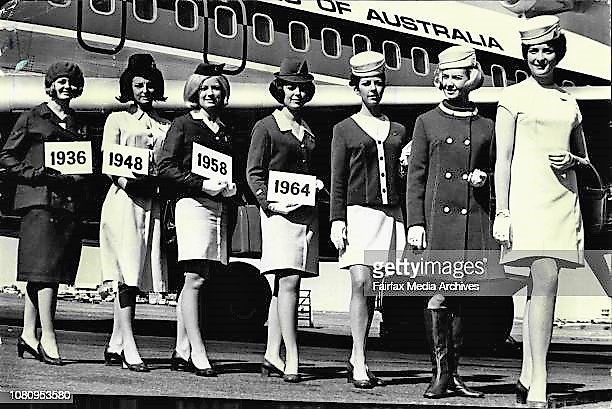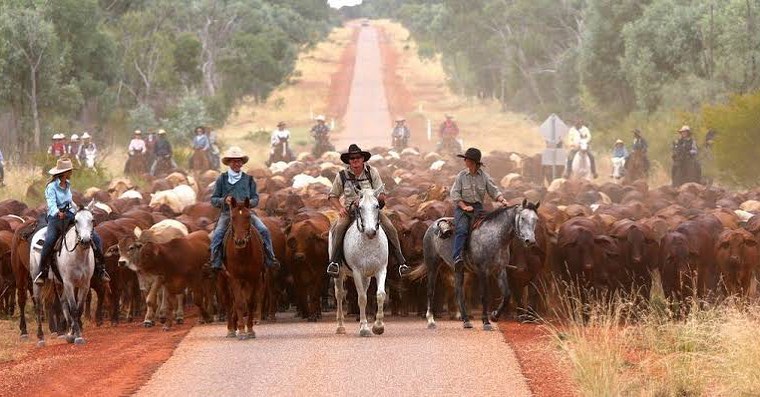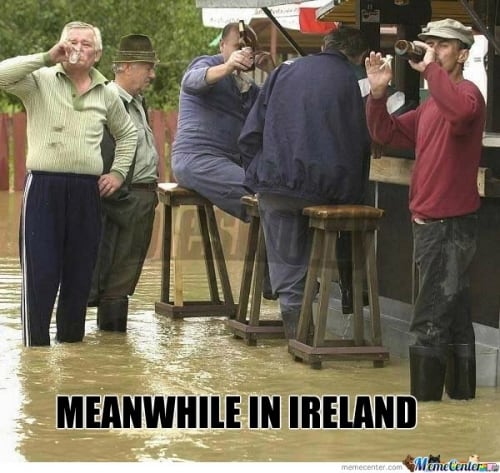Leaderboard
Popular Content
Showing content with the highest reputation on 03/17/2023 in all areas
-
9 points
-
7 points
-
An Irish Blessing May the road rise to meet You, May the wind be always at your back, May the sun shine warm upon your face, May the rains fall soft upon your fields, May You be in Heaven a half hour before the devil knows You’re dead, And, until we meet again, May GOD hold you in the hollow of his hand. Happy St. Patrick’s Day Everyone !7 points
-
7 points
-
6 points
-
6 points
-
6 points
-
6 points
-
5 points
-
5 points
-
5 points
-
4 points
-
The wires aren't soldered or in a crimp connector. I would not trust this this assembly to reliably trip a breaker every time. But at least it is open for inspection, that adds safety. Still would recommend standing in water when using it so you are safely grounded.4 points
-
4 points
-
4 points
-
4 points
-
4 points
-
4 points
-
4 points
-
3 points
-
3 points
-
3 points
-
3 points
-
Suzy came to the church in a see-through blouse leaving nothing to the imagination After the congregation,the priest called her aside and said " you can't come to church dressed like that " pointing at her blouse. "But I have a divine right" complained Suzy. " And you have a divine left too " noted the priest " still you can't come dressed like that "3 points
-
Minus the helmets, using our mini-bikes and being in a field out of sight of Mom, that was pretty much every day growing up. Regards Gateway Kid3 points
-
Gabriel420 - banned daddy89 - banned sloppyj - banned Tommy76 - banned nolay92851 - banned lonif87326 - banned zizahalu - banned tenewi - banned It's like playing Whack-a-Mole! Be careful, and if you have questions about a seller, just go to the 3 dots in the upper right corner of the message or post, and hit report. We'll be glad to verify or use the ban hammer, whichever is warranted.3 points
-
3 points
-
3 points
-
PREVENTION He was just a kid, and he was scared. He grabbed his wrist, looked with horror and with fascination at the red river running from his hand, at the dropped knife. He'd never seen his own blood before, at least not like this -- he'd scraped his knees when he was a child, yes, once he felt off his little velocipede and scraped his knee on a New York mansion's cement sidewalk, it hurt and he cried but he was just a little boy then -- A young man wearing a surprisingly-clean uniform powered across the muddy ground, knife in hand: he seized the shocked, shaking soldier's wrist in an iron grip, laid his blade across the bleeding incision. Not far away, an officer stopped, frowning, watching intently. He knew the pale eyed young soldier, the one that wore the decidedly non-regulation revolvers in the field: he watched as those pale eyes closed, as lips moved soundlessly, as the bleeding stopped as if a tap were turned off. The officer knew this young man, the one with pale eyes, was a Westerner, knew he was more skilled at handling Army mules and Army horses than anyone else; he also knew the military bureaucracy that refused to assign this fellow where he could actually do some good, kept him in the rear, mostly with kitchen detail, except for the occasional patrol. Two young men, their hands tightly joined, proceeded slowly into the kitchen tent. Curious, the officer followed, watched from a discreet distance as the pale eyed Westerner ministered to his fellow. Honey, he thought. Why is he putting honey on a wound? He watched as the pale eyed soldier produced a roll of bandaging cloth from somewhere, wrapped the other young soldier's hand: his work was quick, efficient, better than most medical personnel he'd seen here in the field. He stepped closer. Pale eyes looked up. "Good afternoon, Captain," Joseph Keller said courteously. "Can I help you, sir?" "Will he be all right?" the Captain asked cautiously. "A few days and he'll be fine, sir. Until then" -- he addressed himself to his pale, shivering fellow -- "keep that dry and keep it clean. Come get me if there's any problem." Joseph patted his fellow roughly on the shoulder, watched as he retreated from the far end of the mess tent, then turned to the Captain. "How can I help you, sir?" "I saw what you did," the Captain said slowly. "It would seem your talents are not ... fully utilized." "Oh, that?" he shrugged, grinning. "A trick my Grampa taught me. He got it from his Mama." "Stopping Blood with the Word," the Captain said slowly. "Yes, sir. Grampa did that when my Pa was shot in a church belfry." The Captain's eyebrow raised. "That," he admitted, "is a bit out of the ordinary." Joseph grinned. "Reavers wanted to take the town, plunder and burn and otherwise be less than neighborly. My Pa helped change their minds." "I see ... from the bell tower?" "Him and the Parson each had a Sharps rifle," Joseph explained. "I see." "Pa took a rifle ball under the collar bone and he was bleedin' to death. They got him down and Grampa laid a knife acrost the wound and spoke the Word and stopped the blood. Grandma Esther did the same with him when he was shot." "Sounds like a nice place," the Captain muttered. "Oh, it was lively, back when," Joseph grinned. "Grampa is still alive and in good health, Pa is too and they've both been raisin' horses and children and keepin' the county peaceable." "Private, why in God's creation did you volunteer to come over here?" the Captain asked gently. He'd asked a number of eager young soldiers the same question; he expected one of the usual answers. Joseph looked at the man, nodded a little. "Sir, men who conquer are men with a hunger. They want more. Conquering feels good. The Hun wants to conquer their way to the salt water ocean and if they do that they'll want more, and that means they'll take those conquered navies and come over to our side of the ocean and start raisin' hell. They might be a while doin' it, but they'll try it and I don't fancy fightin' 'em on my doorstep. Likely it would be my sons and grandsons doin' the fightin'. Now if we can stop 'em over here, if we can bloody their nose hard enough they'll stop, why, that'll keep my grandsons from havin' to hunker behind a tree and educate the sinners on our soil." "I see." "Sir, my Pa didn't want me to join up. He absolutely forbade me so I run off and did it anyhow. He didn't want me comin' home with the nightmares and the haunts that ride Grampa's shoulders. He didn't want me wakin' up in a cold sweat, clutchin' my wife like a drownin' man clutches a float." Joseph's pale eyes were quiet, intense, as was his voice. "Sir, your father served with my Grampa in That Damned War." "Yes. Yes, he did." "Sir, it did very bad things to Grampa. He carried scars and cannon fragments to his grave." Joseph saw something in the Captain's eyes -- he knew from that slight change of expression the Captain remembered a tale told him by his own father, a tale of a pale eyed Captain, nearly killed when a cannon burst as the enemy approached. "Sir, if I can keep that hell from comin' to our country, I'll take the nightmares. I've seen good people over here lose their land, lose everything they've worked for when this war rolled over 'em. I can't do a thing to stop that, but I can keep it from spreadin' to our country. I don't ever want that hell comin' home." "Nor do I," the Captain said softly, his eyes wide, unseeing, as he remembered tales told him by his own father, tales told with wide and haunted eyes and a quavering, haunted voice. Joseph stood -- grinned a quick, boyish grin -- "Captain, if you'll excuse me, I need to go gear up. We're due to go out on a reconnoiter and I reckon I'll have my hands full keepin' that shave tail Lieutenant out of trouble." The Captain nodded, rose: Joseph saluted, the Captain returned the salute: each turned, and left from opposite ends of the mess tent.3 points
-
3 points
-
3 points
-
A GIANT'S SON Marnie Keller slipped in the back door of the firehouse, the way she always did: the door opened, a great splash of sunlight blazing in around her; she closed the door, dimming the harsh radiance considerably: even as a little girl, she'd come in, shut the door quietly, then take a quick step to the side and stop, her back to the wall, looking around. Nobody thought a thing of it, for it's what she'd always done, ever since she first came to the firehouse as a little girl, all pigtails and red cowboy boots and big smile and watchful, pale eyes. Marnie came in today with a briefcase in her off hand. Her steps were quick, businesslike, brisk, her carriage was erect, confident, her shoulders were back and her spine straight and she marched purposefully toward the Chief's office, on the far side of the building, in the high, haunted alcove where fire horses used to be stabled, where the apparatus that once held their harness overhead, still waited ... the harness was long gone, for horsepower was no longer a matched trio of white mares, but still the pulleys and lines held faithful station, in case their need would ever rise again. Chief Chuck Fitzgerald looked up as young knuckles rapped on his doorframe, as a smile and bright eyes and athletic legs swarmed into his office, as a briefcase landed on his desk. Fitz leaned back from what he'd been reading -- nothing important, really, specs for a proposed expansion here in town, something he'd have to attend in person -- Marnie opened the briefcase, stopped, leaned her palms on the desktop, smiled. "As promised," she said quietly. Fitz looked at her, not entire sure what to say. He knew Marnie was leaving, he knew she'd been recruited for the Mars mission -- of all the people in the world, he'd thought, why'd they have to take her away from us? -- Marnie looked very directly at him, bit her bottom lip, frowned, then blinked and looked very directly at him. "Fitz," she said, her fingertips resting momentarily on the stack of folders, the notebooks in the briefcase, "here's the ancestry I've been working on for you." She stepped back, turned, looked at the oldest Chief's portraits hung on his wall. She looked back Fitz, suddenly uncomfortable. "It needs said, so I'll say it." Her voice was quiet, musical, it held a warmth he'd never heard before. "I'm leaving tomorrow and I'll not be back. I will miss you, you great Irish oaf." Fitz blinked, surprised. Of all the things this lovely young woman could've said, this was the last he'd expected to hear. "You are a direct descendant of Sean Finnegan." She smiled, a little uncertainly. "Somehow I feel like I should pull out a wooden spoon and raise hell with you in three languages, but I don't speak Gaelic, so that's out." She walked up to him, gripped his shoulders, turned him, his office chair swiveling easily: she lowered her head a little, her face close to his, her voice low, so only he could hear. "You great Irish lug, you are the son of a giant. You're a damned good chief and I'm lucky to've known you. I'll never see you again and I will miss you and everyone here and I'm going to cry now." She pressed her lips quickly to his forehead, then drew back, turned, ran out of his office, ran across the squad bay, up the two steps to the kitchen deck: she twisted around the big table, seized the stainless-steel door handle, twisted: a blast of high mountain sunlight, unfiltered by atmosphere, then gone, not even the sound of her retreating bootheels. Chuck Fitzgerald blinked, looking at where a lovely, pale eyed woman had just been, and he wondered silently what in the hell just happened. Fitz watched, with the rest of the Irish Brigade, watched on the big screen TV as a pale eyed woman in flight coveralls stood confidently behind the podium. "I attended a wedding," she began, "where the preacher had the couple turn and look at everyone in the church, then turn back to him. He said they'd just seen where they'd come from, they'd just seen the foundation their lives would build on -- that no matter where they went and what they did, they would take that good foundation with them, and that's what we're doing. "We're about to pioneer across an unknown, like our own ancestors did, we're setting off into an uncharted sea of uncertainty. We'll not see home again, but we'll take it with us -- each of us -- because where we've been is our foundation, and we're going to build on that foundation, wherever we end up." She stepped aside; someone else in a flight suit came to the microphone and spoke, not as confidently -- Fitz rubbed his closed eyelids, smelled coffee: he opened his eyes accepted the steaming mug of freshly brewed, thanked the engineer for his kindness. Later that day he wandered back into his office, feeling distinctly lost. He'd seen the Sheriff and one of his medics, the Sheriff's wife, among family gathered to see the launch, gathered to bid their young a final good-bye: he'd frowned at the screen, watched the figures, anonymous in pressure suits, filing into their shuttle: the camera showed regimented rows of human figures lying back in the contoured couches, saw the auto-dispensers settle about their forearms; he knew microneedles would find the hidden veins, would inject chemicals and God knows what else into them, to prepare them for a long sleep, to keep them from bone loss and who can tell what else might happen to them in transit: Fitz tried to pick Marnie out of the figures as they filed in, he thought he saw her as the camera made one last pan of the shuttle's passenger section. He sipped his coffee, watched the shuttle lift off in thunder and fire and rolling smoke, watched it streak across a cloudless sky, curving a little as it went: he drank without tasting, finally setting his empty mug between his brogans, not rising until the animations replaced actual camera shots. Fitz picked up his mug, set it in the sink, walked back to his office where three white mares once drowsed and waited for the alarm, waited for harness to be lowered from the ceiling, waited to run, thrusting powerfully against polished and padded collars: he sat heavily at his desk, blinked at the still-open briefcase, as if he'd forgotten entirely that it was there. Chuck Fitzgerald reached in, pulled out the notebook, opened it. A manila folder, with Fitz written in a familiar, feminine hand. Frowning, he opened the folder. Chuck Fitzgerald had been a Navy man. He'd seen much of the world; he'd ridden bulls, he'd laughed and wenched and he'd drunk his share, he'd been led by good men and he'd led good men himself: he was no stranger to the good in life, nor to the bad in life: he was a man not easily suprised, a man who tried to keep his inner self a distance from the world, for that made it easier to make the hard decisions a fire chief sometimes must. Fitz was a strong man and a man not easily surprised, a man not given easily to deep emotion. Two of his Brigade came to his office door, then drew back without knocking: one remained, to shoo away any who might try to interrupt the man, for it was noticed that Marnie had been there, that she'd come in with a briefcase, a case they saw open, a case she'd departed without, and they saw Fitz wipe his eyes and blow his nose and stare long and long again at something, something in a manila folder, laid open on his desk top. The Chief took the folder, later that day, and walked up the street a little, came back empty handed; two days later he went back up the street, and returned with a paper wrapped rectangle. Fitz hung two framed drawings in his office. One was a girl, riding a mare made of star-mist and sunlight, streaking in a bright arc across star-speckled space: the girl wore a look of delight and wore red cowboy boots, her hair and her gauzy gown flowing behind, becoming part of the shining curve of her passing: the other was complex, and Fitz stood and studied it for a long time after he hung it. It was a fire chief, done in colored pencil, all red bib front shirt and knee high boots and a white, pressed-leather helmet, it was a fire chief with a red handlebar mustache and a handful of reins, a man standing in the driver's box of a steam powered fire engine: Fitz could almost hear mares' hooves, he could almost smell horse-sweat and coal-smoke and in his imagination, he heard a great Irish tenor singing and swearing as a blacksnake whip uncurled and snapped a hole in the air a yard above the center mare's ears, and the more he studied, the more he saw, and he smiled a little, for in this great and heroic figure of an Irish fire chieftain driving a chariot to war, he saw she hadn't drawn the portrait of his Irish ancestor. She'd drawn in his own face. Behind, almost a ghost, he saw the face of Sean Finnegan, saw it in smoke and clouds and distant mountains, saw it as if Fitz were driving through history itself. It was one of the most skilled pencil drawings he'd ever seen. She'd drawn in the title, in a corner-scrolled rectangle across the bottom, and when he finally studied the notebooks she'd left, the ancestry she'd researched, and found exactly how she'd tracked his blood line back to their first Chief, the legendary Sean Finnegan, he looked at the hand drawn portrait again, and the title made perfect sense. In Marnie's slanted print, proudly across the banner, were the words, A Giant's Son.3 points
-
3 points
-
3 points
-
3 points
-
3 points
-
2 points
-
2 points
-
2 points
-
2 points
-
2 points
-
Was having breakfast with one of my old drag racing buddies yesterday morning. We were talking about some of our friends who have passed on. We were teasing each other about taking care of ourselves and I said something about having passed my “USE BY” date by about forty years!! I was even listed in the ten and twenty year high school class reunion programs as deceased! I’d moved away and completely lost touch with everyone. They assumed that I had succumbed one of the wild shenanigans I was known to perform! Me outliving my “USE BY” date has become a running joke among the now rapidly shrinking list of people I grew up with!! I sometimes wonder how many of my cowboy pards are the same way!!2 points
-
2 points
-
2 points
-
Y'know what tickles me? Back 60-65 years ago there was a lot of folks bettin' I'd never live to see 21. Most of 'em are dead now.2 points
-
2 points
-
2 points
-
2 points
-
There were three people approaching the gates of heaven, but there was only one place left. The gatekeeper asked the first man what happened to him because the one with the worst death would go in. The first man said: "Well, imagine this. I expected my wife was having an affair, so I got home early to surprise her. I found her in the bathroom with a towel around her so I knew she wasn't having a shower I searched the apartment and found 10 fingers hanging from the window sill. So I started bashing away at them. When he fell, God must have loved him, because he lived. So I threw a refrigerator at him. After all the excitement I died of a heart attack." That's horrific said the gatekeeper, he asked the second man how he died and he said. "Well, imagine this. I was riding one of those stationary bikes on the top of our apartment building but it went wrong I fell down and grabbed someone's window sill. Then some idiot started bashing at my fingers then I fell, but God must have loved me because I lived. Then -SHANNOOOWWWW- a refrigerator plunged down at me" That is too horrific. He asked the third man how he died and he said. "Well imagine that. I was naked in a refrigerator2 points
-
2 points
